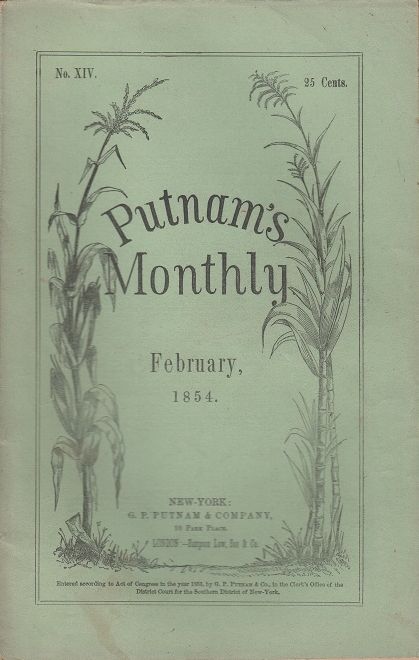Melville scholar Allan Emery posits that the nineteenth-century American doctrine of Manifest Destiny, in conjunction with popularized ideas about non-Anglo nations in the aftermath of the Mexican-American War (1846-1848), informed the fictionalized Delano’s characterization of Benito.
“Benito Cereno” was serialized over the last three 1855 issues of Putnam’s Monthly Magazine of American Literature, which published installments of Melville’s “Israel Potter” in between July 1854 and March 1855. In February 1854, Putnam’s Monthly published an anonymous article titled “Annexation” (pp. 183-194) that explicitly defends America’s right to the titular act.

You can find the entire article here, but I've included what I thought to be one of the most relevant excerpts, as it demonstrates the common self-characterization of America as superior to other nations. Based on these ideas, which Melville would have been privy to (he likely read this very article), one could argue that Delano and Benito are a metonymic representation of the United States and the "others" it wished to annex.
…we own no subject nations, no colonial victims, no trembling provinces—and we never desire to own them;—we waste no fields, we ruin no cities, we exhaust no distant settlements;—the weak Indian tribes among us we have striven to redeem and civilize; the weak Mexican and Spanish races among us, a prey to anarchy and misrule, we offer the advantages of stable government, of equal laws, of a flourishing and refined social life; and we aim at no alliances which are not founded on the broadest principles of reciprocal justice and goodwill (p. 191)
Note that the author describes the “Mexican and Spanish races” as “prey to anarchy and misrule,” and that Melville uses “misrule” (for the second time) to describe the result of Benito’s shortcomings.
On a linguistic note, the etymology of “annexation” (the noun form of the verb “annex”) outlined on OED Online reveals a few different but related Latin roots; chiefly, annect-ĕre, which means “to tie to,” but also nect-ĕre, which has a slightly different meaning of “to tie, to bind.” The second word much more explicitly connotes the act of violent enslavement. Given the political climate at the time, the use of “annexation” in describing American expansionism seems like a code to shroud the scant differences between westward expansion and the practice of slavery.













 Engraving of "The Vision of The Valley of The Dry Bones" by Gustave Doré.
Engraving of "The Vision of The Valley of The Dry Bones" by Gustave Doré.